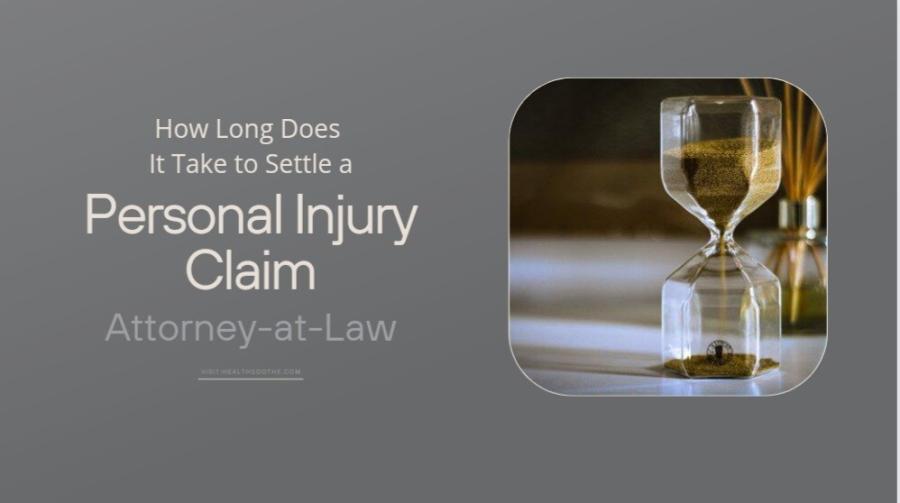If you have been injured in an accident and filed a personal injury claim, you may be anxious to know how long you need to wait to settle and receive the compensation you deserve. If so, the personal injury team at Ogg, Murphy & Perkosky, P.C. wants you to know there are many reasons why a personal injury case takes time to settle.
Whether your case is particularly complicated, you encounter issues with the legal system, or you have yet to fully recover from your injuries, many factors can slow the process. In general, though, you can expect a personal injury claim to settle in about a year from the time you first file a claim—although some cases settle in a couple of weeks while others may take two or three years to settle.
Why Is My Personal Injury Case Taking So Long?
When you work with an experienced personal injury attorney you should ask about the facts affecting your personal injury case and its timeline. Here are some reasons why a personal injury case may not settle as quickly as you expected.
There May Be Legal Issues
When you file a personal injury case, two important factors play a role in how it develops. These are damages and liability. When the facts of the accident make liability difficult to prove, neither the insurance adjuster nor the defendant will make a reasonable settlement offer. In this case, it is up to your lawyer to collect, organize, and analyze evidence to make it easier to prove liability.
As far as issues with damages, you may find that one or more of the doctors who are treating you disagree on whether your injuries are linked to the accident. This will encourage the insurance company not to settle until all doctors are uniform in their assessment of the situation.
Your Claim Is Large
When you ask for a substantial amount in monetary damages, you may encounter an issue trying to convince the insurance adjuster that your case is worth that much. As a result, they may not be willing to pay out the full amount you are asking for in compensation.
If you are directly suing the defendant in your personal injury claim, they may not have the financial resources to cover your damages. It will be up to your attorney to fight to get you the highest amount of compensation possible. This may take longer than when the injuries are minor and the amount you ask for is small.
You Have Yet to Reach the Point of Maximum Improvement
Not having achieved the maximum medical improvement means that you are still in the recovery process and under medical treatment for your injuries. If you rush to get a settlement, you may later discover that your medical bills are still accumulating and you are not able to file a second claim for the same injuries.
Your treating doctor may submit a document to the insurance company and civil court clerk describing the state of your injuries and your prognosis for reaching a complete recovery. Working within this prognosis, your doctor can estimate how much more money you will need to treat your injuries. This may help your lawyer fight to get you the full compensation you need to cover your ongoing medical treatments.
Bridging the Gap
When you are facing debt because of your injuries and other damages, you may feel desperate to accept any settlement, no matter how small or unfair. This may leave you in worse financial shape in the long run and there will be nothing else you could do to get more in compensation.
Talk to your attorney about your financial situation and ask for their opinion on how long you may have to wait to receive the funds you need. They may recommend you get a bridge loan to tide you over or find some other way to have access to funds while your case settles. Ultimately, it is up to you to decide which way you want to go.
Choosing the Right Personal Injury Attorney
Besides waiting for your case to settle and overcoming possible obstacles, another cause for worry may be hiring the wrong personal injury attorney. Working with a legal professional who will take your case on a contingency basis may put your mind at ease as there will be no out-of-pocket costs to you. However, you also want to know how much you will have to pay if you win your case, whether they agree with the amount of compensation you are seeking, and how they have dealt with cases similar to yours in the past. Asking the right questions will help you find someone you feel comfortable with.
The content is intended to augment, not replace, information provided by your clinician. It is not intended nor implied to be a substitute for professional medical advice. Reading this information does not create or replace a doctor-patient relationship or consultation. If required, please contact your doctor or other health care provider to assist you to interpret any of this information, or in applying the information to your individual needs.

